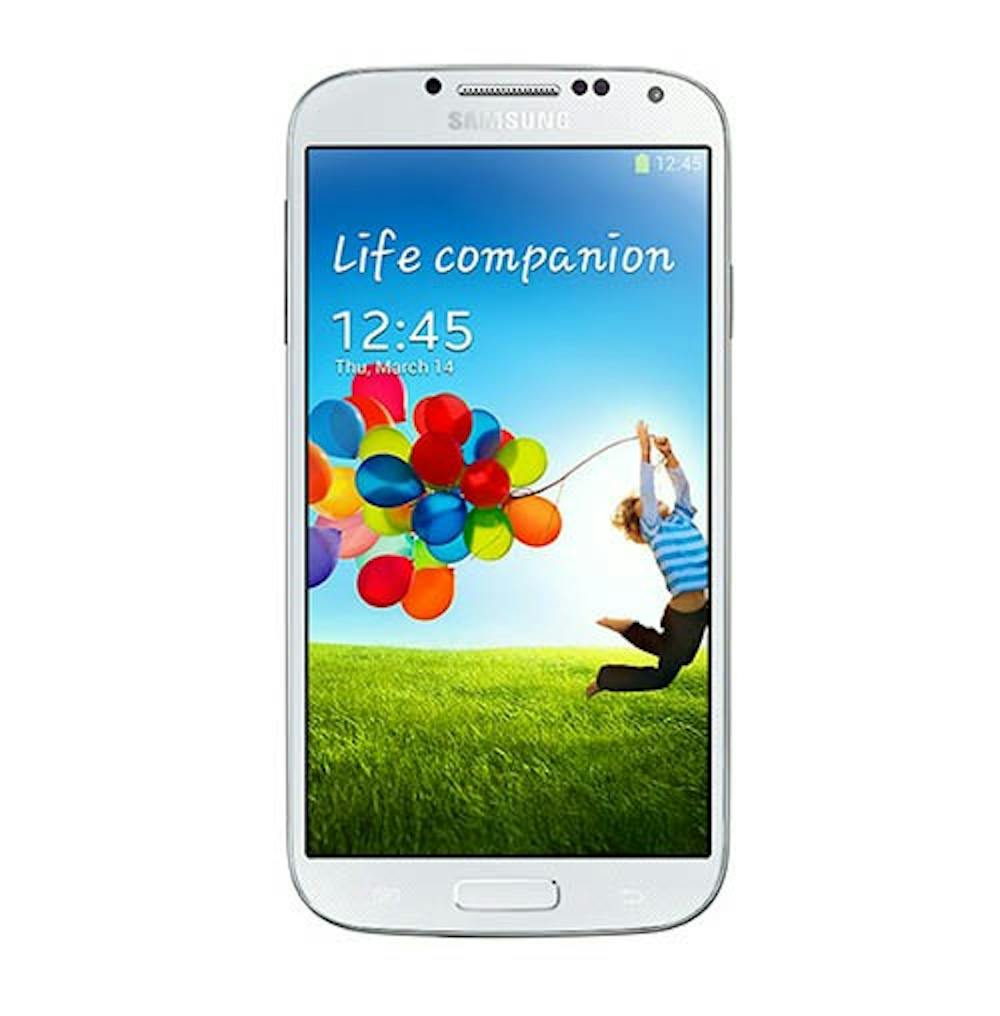Anna Ortiz is a senior telecommunications news major and writes "Common Nonsense" for The Daily News. Her views do not necessarily agree with those of the newspaper or Unified Media organizations. Write to Anna at aeortiz@bsu.edu.
Apple. BlackBerry. Samsung. When picking out a phone, some students might as well be searching for a new appendage. Whether rustling in a purse, snug in a pocket or gripped in a hand, for many of us, phones have become an extension of ourselves.
According to Pew Research Center released this summer, 91 percent of American adults own a cellphone, and 56 percent are tapping away on a smartphone.
Of those, 28 percent of cell phone owners have an Android, 25 percent are iPhone users and 4 percent carry a Blackberry.
With the new iPhones going on the market — one plastic and the other gold plated — consumers driven by fan fair are expected to line up for the releases Friday.
But does the phone carried actually say something about the owner? A study commissioned by TalkTalk Mobile surveyed 2,000 smartphone owners of the three largest brands to determine whether this was the case and found some user-specific characteristics correlate with heavier drinking, biggest cash flow and vanity.
TalkTalk Mobile Director Dan Meader said, in an interview with the Daily Mail, the results revealed some “quirky” differences.
“Of course, simply buying a certain type of phone doesn’t mean your personality or way of living immediately changes,” Meader said. “But the results could suggest that certain types of personality are drawn to different features and functions of certain handsets.”
SAMSUNG
Samsung’s many phones, such as the Galaxy S4, operate using Android. In 2012, Samsung dominated the global mobile phone industry as the world’s biggest mobile phone maker, according to Forbes.
The TalkTalk Mobile survey found that the typical Android user is the most creative out of the bunch, which included iPhones and Blackberry users. This group also mostly identified themselves as shy and calm. Android-users surveyed were predominantly in culture, art and sport industries.
Other qualities found in the Android users were most polite, best cooks and most active in social media, and they drink the most alcohol than users of the other two phones.
IPHONE
The study found the typical iPhone user rated themselves most as being attractive and they spend the most yearly cash on clothes and grooming. But the vanity doesn’t stop at looks, they also were the group who most said they believe their bosses rate them highly. The main industry iPhone users were in was media.
iPhone users were the biggest travelers in the group and carried the main characteristics of confidence, ambition, daring, brightness and flirtatiousness.
BLACKBERRY
Looking for a date? Take a good look next time your love interest pulls out their phone — BlackBerry users were more likely to have long-term relationships than the others.
In addition, those who use a BlackBerry were the biggest earners and typically worked in the fields of finance, property or health. While being the most social, the BlackBerry users tended to be the least punctual.
They also are the most chatty by making the most calls and texts out of the smartphone users. They characterized themselves as loud and bubbly. They also are the biggest coffee and tea drinkers out of the group.
SO HOW DO YOU USE THE PHONE?
Three researchers looked at data use among smartphone users and saw how which widgets users pressed the most on their phones connected with their personalities.
In June 2011, researchers Gokul Chittaranjan, Jan Blom, and Daniel Gatica-Perez for Institute of Electrical and Electronics Engineers sifted through the monthly usage breakdowns of smartphone users.
Extraverts were positively correlated with the use of planning applications, like office and calendar apps. They also were most likely to spend the most time talking on and receiving calls. They had negative correlations with the use of Internet, games and the camera.
The researchers also found that the amount of text messages sent has a higher chance of being emotional stable.
They also said people who were conscientious were likely to use the mail apps more often, “since mail could constitute essential communication, often used for professional purposes.”
COMMON NONSENSE: What does your phone say about you?
The Daily News


